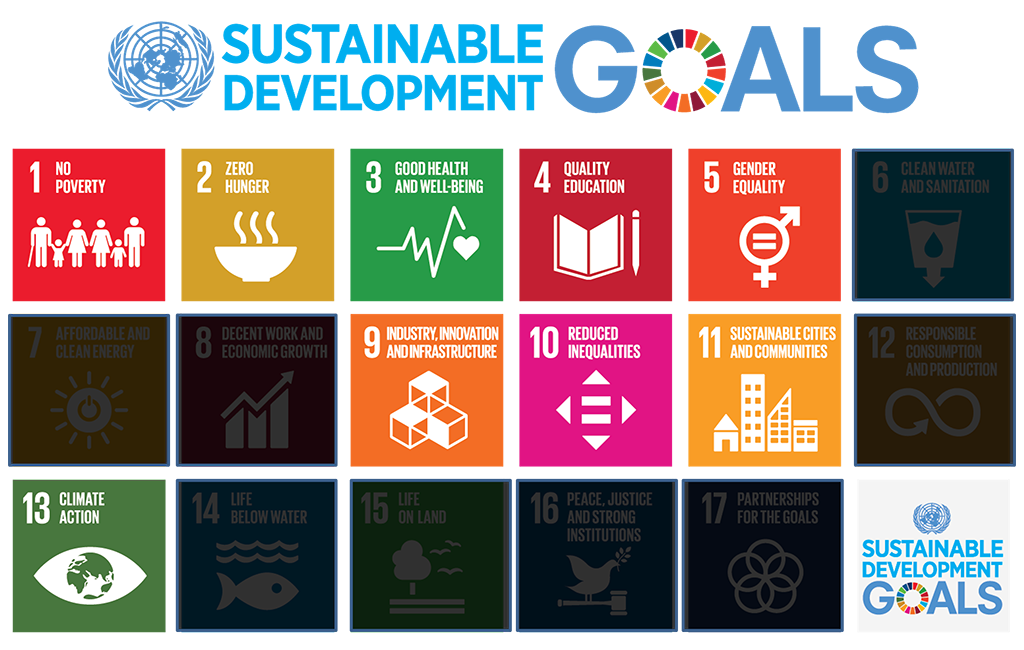
Presently, we are targeting 9 SDGs.

Connecting the Unconnected (SDGs 9,11)
The low percentage of Internet penetration in Africa is mainly distributed among urban areas, leaving rural areas behind mainly because of the lack of guaranteed return on investment for telecom operators. New approaches are therefore needed to connect the last mile in order to bridge the digital divide. One of the innovative approaches to connect the last mile is the establishment of community networks. These networks, which are locally owned and managed by communities, take advantage of low-cost, technology-based networking equipment such as Wi-Fi or small GSM/LTE stations to establish communications. Living Seeds Lab, with its expertise, aims to accompany all communities in the implementation of their community networks.


Substaining Rural Development (SDGs 1,2,3,4,5)
Beyond connectivity, people need access to relevant services that can help them to improve their daily activities. Living Seeds Lab is focusing on three main sectors: Agriculture, Education, and Health. The world population is expected to reach 9.7 billion in 2050 and 10.4 billion in the mid-2080s. In addition, more than half of this global population growth between now and 2050 is expected to occur in Africa. There is a need to feed, to educate and to care for this population which is mainly located in rural areas. But this is a challenging task due to the limitations of rural areas such as the lack of infrastructure, the low income, and the low literacy level of the local populations. Living Seeds Lab is working hard to provide innovative solutions that target local farms, schools and health centres.
Preserving Local Knowledge (SDG 10)
The world counts 7139 languages according to The Ethnologist. Africa in particular has a linguistic richness representing the cultural, socio-cultural heritage and identity of many ethnic groups. Indeed, 30% of the world’s languages are spoken in Africa by at least 887 million people. Among the world’s languages, 42.27%3 are endangered, and about 308 African languages are "highly threatened" to disappear (14.36% of all existing languages on the continent). More severe, at least 201 African languages are known to have become extinct, not to mention the many otherless threatened but nevertheless vulnerable languages. This shows that the situation of languages disappearing in sub-Saharan Africa is more serious than we perceive. These languages that fade over time are mostly absent in cyberspace because they are unwritten or under- resourced. Living Seeds Lab is working towards the development of Voice User Interfaces using local languages to preserve them, and also overcome the low literacy level that prevents rural populations of using ICT services.

Dealing with the Climate Change (SDG 13)
According to UN, climate change refers to long-term shifts in temperatures and weather patterns. This shift can cause severe consequences to human activities as well as to their environment. Prediction and timely detection of rain can help to better organize activities or prevent damages. Living Seeds Lab is working on the development of low cost weather station that can collect and send data (from farms) to distant servers or farmers through GMS network.

Our Partners
Our Team









